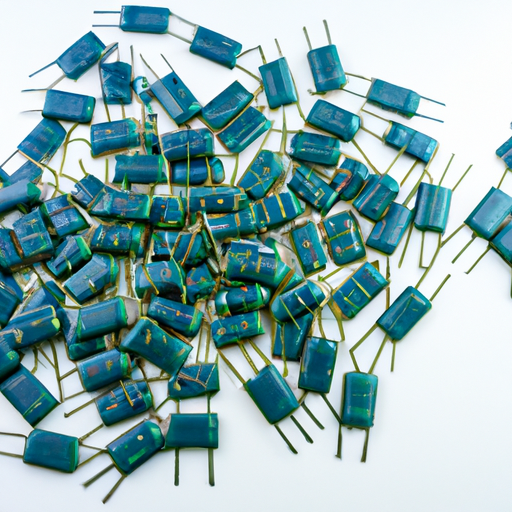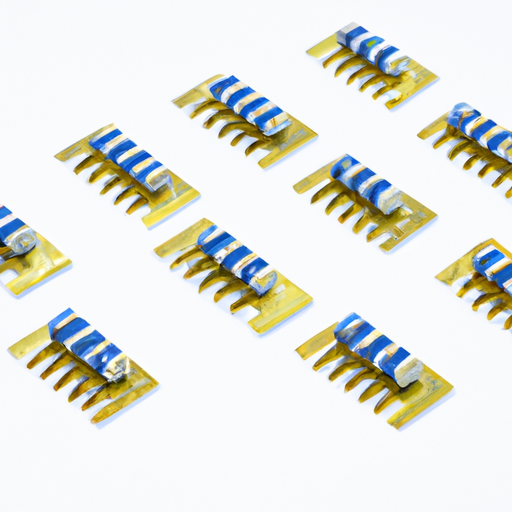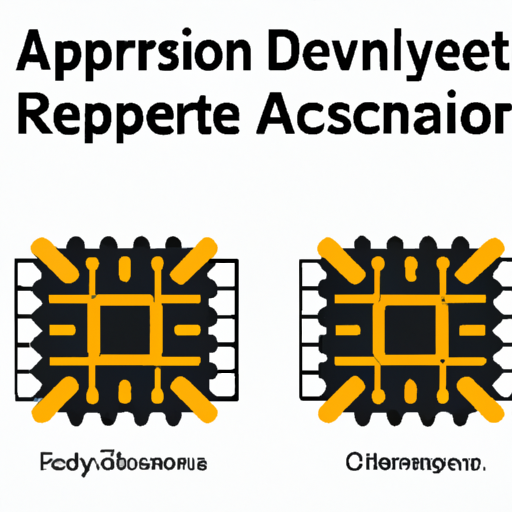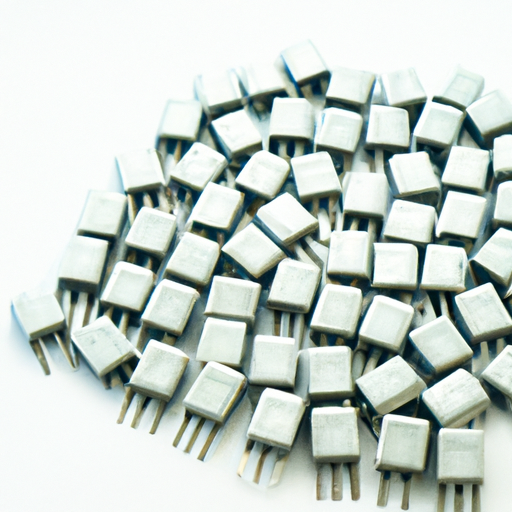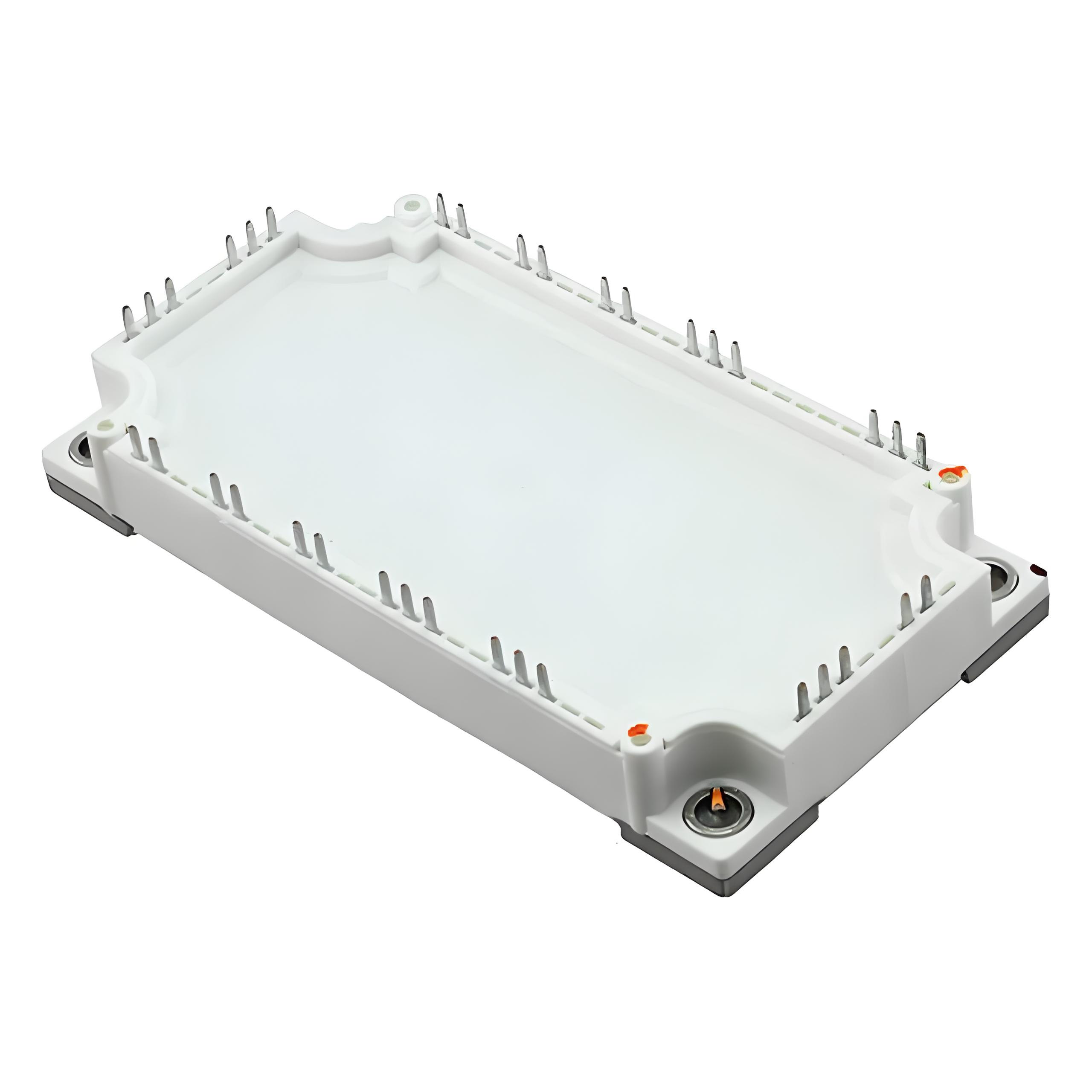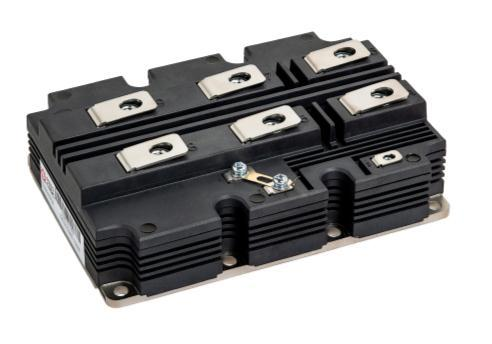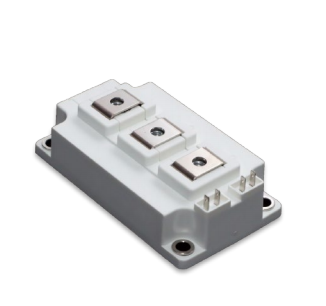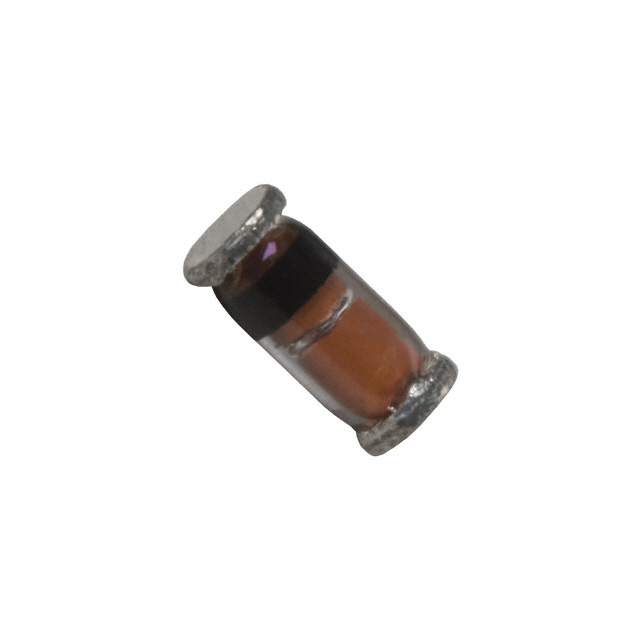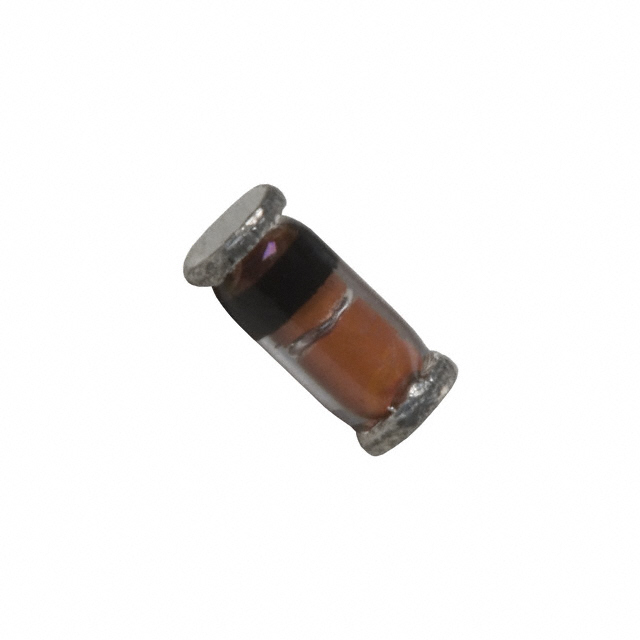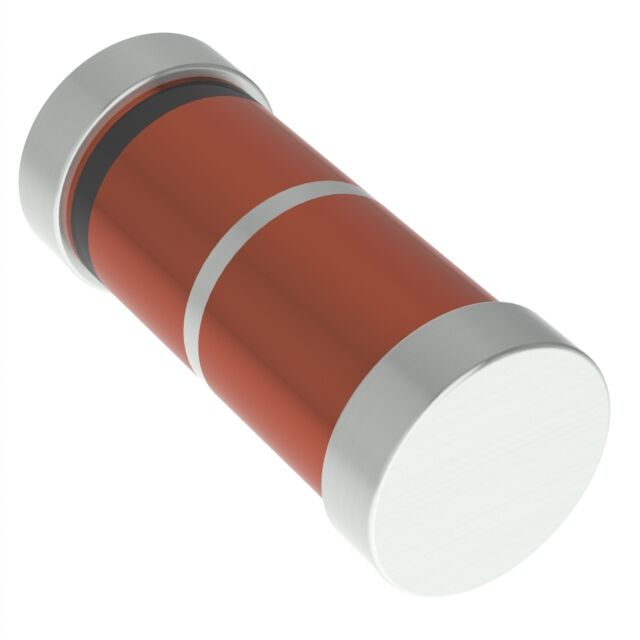CFR-50JB-52-220R Resistors highlighting the core functional technology articles and application development cases of Resistors that are effective.
Core Functional Technology of Resistors
1. Basic Functionality: Resistors are fundamental passive components in electronic circuits that limit the flow of electric current. They are defined by their resistance value, measured in ohms (Ω), and are essential for controlling voltage and current levels within a circuit.
| 2. Types of Resistors | |
| 3. Construction | Resistors can be constructed from different materials, including: |
4. Power Rating: Each resistor has a power rating, typically measured in watts (W), indicating the maximum power it can dissipate without overheating. The CFR-50JB-52-220R has a power rating of 0.5W, making it suitable for low-power applications.
5. Tolerance: This specification indicates the degree of variation from the stated resistance value. Common tolerances include ±1%, ±5%, and ±10%, which are crucial for applications requiring precision.
Applications of Resistors
1. Voltage Division: Resistors are commonly used in voltage divider circuits to create specific voltage levels from a higher voltage source, essential in sensor applications and reference voltage generation.
2. Current Limiting: In LED circuits, resistors limit the current to prevent damage to the LED, ensuring longevity and consistent brightness.
3. Signal Conditioning: In analog circuits, resistors work with capacitors and inductors to filter signals, shape waveforms, and stabilize circuit behavior.
4. Biasing: Resistors are used in transistor circuits to set the operating point, ensuring that transistors function correctly in amplification and switching applications.
5. Pull-up and Pull-down Resistors: These resistors are used in digital circuits to maintain defined logic levels at inputs of logic gates when not actively driven, preventing floating states.
Development Cases Highlighting Effectiveness
1. Consumer Electronics: In devices like smartphones and tablets, resistors are integral to power management circuits, optimizing battery life and performance by regulating voltage to various components.
2. Automotive Applications: Resistors are crucial in automotive electronics, such as in anti-lock braking systems (ABS), where they help control sensor signals and ensure proper operation of safety features.
3. Medical Devices: Precision resistors are vital in medical instrumentation, such as ECG machines, where they filter and amplify heart signals to provide accurate readings for diagnostics.
4. Industrial Automation: In control systems for motors and actuators, resistors manage current flow and protect against overloads, enhancing the reliability of industrial processes.
5. Telecommunications: Resistors are used in signal processing circuits within communication devices to minimize noise and distortion, ensuring clear transmission and reception of signals.
Conclusion
Resistors, including specific models like the CFR-50JB-52-220R, are essential components in a wide array of electronic applications. Their ability to control current and voltage makes them indispensable in both simple and complex circuits. A thorough understanding of their core technology and diverse applications can lead to more effective designs and innovations across various fields, from consumer electronics to industrial automation. As technology continues to evolve, the role of resistors will remain critical in developing efficient and reliable electronic systems.


